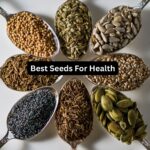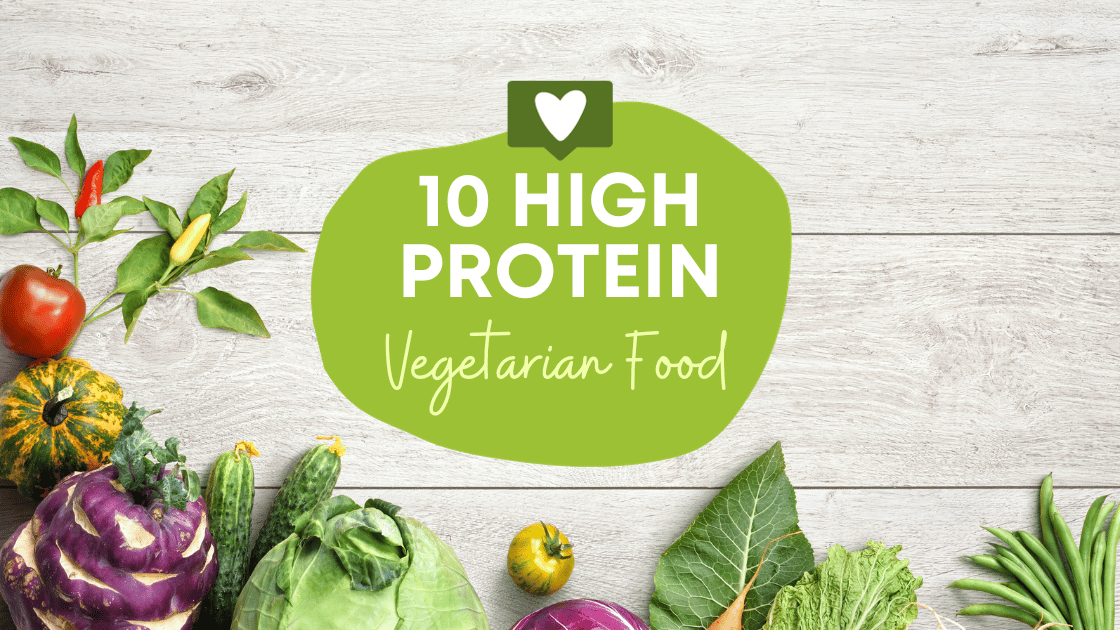Healthy Sunflower Seeds: Nutrition, Benefits & Eating Tips

What Are Sunflower Seeds?
Sunflower seeds come from the flower head of the Helianthus annuus plant. Typically encased in a hard shell with black and white stripes, the edible kernel inside is rich in nutrients. These seeds are categorized into two types:
-
Oilseed Sunflowers – Primarily grown for oil extraction.
-
Non-oilseed (Confectionery) Sunflowers – Used as food or snack.
Their popularity in health-conscious diets is growing, thanks to their nutritional density and convenience.
Top Sunflower Seeds Benefits
1. Rich in Antioxidants
Loaded with powerful antioxidants, sunflower seeds are beneficial because of the vitamin E and selenium they contain. Both of these nutrients help reduce oxidative stress and inflammation.
2. Promote Heart Health
Sunflower seeds, when included as part of a heart-healthy diet, are beneficial due to their combination of unsaturated fats and magnesium. These components help maintain healthy cholesterol levels.
3. Support Immunity
Both selenium and zinc found in sunflower seeds play an important role in strengthening immune function. They also assist the body in fighting off infections effectively.
4. Improve Skin and Hair Health
Vitamin E in sunflower seeds enhances skin and scalp circulation, supporting blood flow and potentially aiding in hair regrowth. It also helps reduce the harmful effects of UV exposure and premature skin aging.
5. Support Blood Sugar Control
Consuming sunflower seeds, especially alongside other nutrient-dense foods, may help regulate blood sugar levels. This is due to their low glycemic index and high fiber content.
Sunflower Seeds for Weight Loss
While their calorie density may invoke skepticism, sunflower seeds can, in fact, be quite advantageous for weight loss.
Why They Work:
-
Help manage appetite control due to high protein content
-
Aid in keeping you feeling full because they are fibrous
-
Assist in curbing unhealthy cravings due to lasting energy levels
How to Use:
-
Add to salads, yogurt, or oatmeal, and sprinkle 1 tablespoon (50–60 kcal)
-
Spread on toast as a snack with unsweetened sunflower seed butter
-
Create a trail mix by combining with other nuts and seeds
Sunflower Seeds Protein Content
Sunflower seeds are a superb source of protein for vegetarians and vegans, as well as for those seeking to increase their lean body mass.
Protein Value:
-
About 21 grams of protein per 100 grams of sunflower seeds
-
Includes amino acids for muscle repair and benefits to the immune system
Sunflower Seeds Calories: Portion Control Is Key
Sunflower seeds are high in calories, but with smart consumption, they can be beneficial.
Calories by Serving
-
1 tablespoon (~9 grams): 52–60 calories
-
1 ounce (~28 grams): 160–170 calories
Suggestions to Help Maintain Weight and Avoid Unintentional Weight Gain
-
Eat 1–2 tablespoon serving size
-
Do not eat directly from the package
-
Limit intake and pair with low-calorie, high-fiber foods
Incorporating Sunflower Seeds Into Your Meals
Looking for meals to incorporate sunflower seeds? Here are some helpful tips and ideas:
More Convenient Ways to Eat Sunflower Seeds
-
Raw and dry roasted for snacking
-
Sprinkled over cereals, soups, or salads
-
Ground into seed butter
-
Mixed into trail mixes with almonds and dried fruit
-
Added into smoothies for texture
Conclusion
Despite their small size, healthy sunflower seeds pack a powerful nutritional punch. From heart health and weight management to skin glow and immune strength, they support nearly every function of the body. Whether you’re looking to lose weight, gain clean plant-based protein, or just improve your overall wellness, adding sunflower seeds to your diet is a simple and delicious way to level up your nutrition.
By understanding sunflower seeds nutrition, consuming them in the healthiest ways, and knowing how they support various health goals—from energy to immunity—you can take full advantage of what these tiny seeds have to offer. Just remember: moderation and quality are key.
So next time you’re preparing a smoothie, salad, or snack—reach for those sunflower seeds. Your body (and your taste buds) will thank you.
All content on this website is for general informational, educational, and entertainment purposes only. It is not a substitute for professional advice in any field, including but not limited to health, fitness, nutrition, wellness, finance, legal, technology, or lifestyle.
While we strive for accuracy, we make no guarantees about the completeness, reliability, or suitability of the information. Any action you take based on this content is at your own risk.
Always consult a qualified professional before making decisions related to health, finances, legal matters, or any other specialized area. The website and its authors are not liable for any loss, injury, or damage resulting from use of this information.






